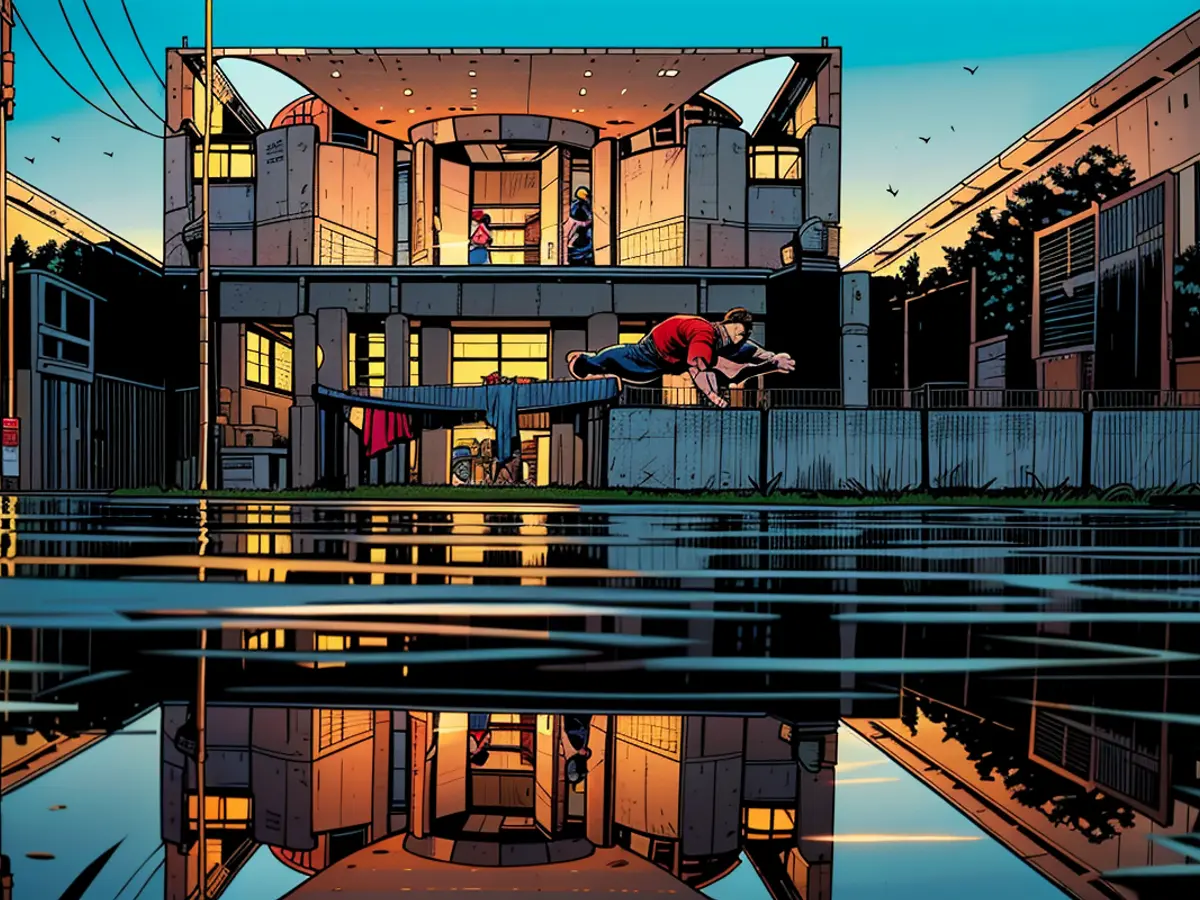Federal Government - Coalition agrees on budget and growth package
The heads of the traffic light coalition have achieved a breakthrough in the 2025 federal budget and the growth package after lengthy negotiations. This was reported by the German Press Agency from coalition circles following consultations between Federal Chancellor Olaf Scholz (SPD), Finance Minister Christian Lindner (FDP), and Economics Minister Robert Habeck (Greens).
They had met in the afternoon. Details of the agreement were not yet known. The Bundestag factions of the SPD and Greens were to convene for meetings at 7:00 pm.
Coalition leaders in budget stress
Scholz, Habeck, and Lindner had been in intensive negotiations in the past weeks. They had originally aimed to reach an agreement by this Wednesday. Now, July 17, was being discussed for the cabinet decision. To meet this deadline, a quick consensus was necessary, as the drafting of the budget law usually takes approximately ten days. The Bundestag was then to deal with the budget draft in mid-September, which could then be passed in November or December.
Billion-dollar gap
Individual ministries, such as the Foreign Office or the Development Ministry, initially refused to accept spending cuts proposed by Lindner due to international obligations. The social budget was also a contentious issue. In addition, a gap of around 10 billion euros still needed to be closed. Above all, the SPD was pushing for the financial burden of the Ukraine war and the debt brake to be postponed again to create more room for investments. For Lindner's FDP, this was not an option. The SPD rejected cuts in the social budget.
Growth package
In Germany, only minimal growth is expected this year. Companies are holding back on investments, and private consumption is not picking up. Business associations have long complained about disadvantages such as high tax and tariff burdens, a shortage of skilled labor, and excessive bureaucracy.
Here, the government plans to start with the "growth turbo." Scholz had already said that the federal government wanted to encourage private investments. He offered improved tax depreciation incentives for companies. In addition, the acquisition activity of parents was to be facilitated, and employment incentives were to be increased, tax-wise as well.
- The breakthrough in the budget negotiations was hailed as a significant accomplishment by the Federal Government, with Christian Lindner, Olaf Scholz, and Robert Habeck playing pivotal roles.
- The Bundestag is eagerly awaiting the details of the agreement, scheduled for discussion in the SPD and Greens factions' meetings at 7:00 pm.
- The marathon negotiation process, spanning several weeks, was a testament to the coalition's commitment to finding a solution to the budget deficit and growth package concerns.
- The Household budget of the German Federal Government is set to receive a boost, thanks to the proposed 'growth turbo' measures aimed at encouraging private investments and job creation.
- The 'traffic light coalition' leaders, including Christian Lindner and Olaf Scholz, had to navigate through a billion-dollar gap and resolve the issue of postponing financial burdens, such as the Ukraine war and debt brake, to secure more investment room.
- The German Press Agency reported that the 'traffic light coalition' had reached an agreement on the budget and growth package, marking a critical milestone in Germany's economic recovery and financial stability.
- Robert Habeck, a key player in the coalition, expressed his satisfaction with the outcome of the negotiations, emphasizing the need to secure Germany's economic future and foster long-term growth.








